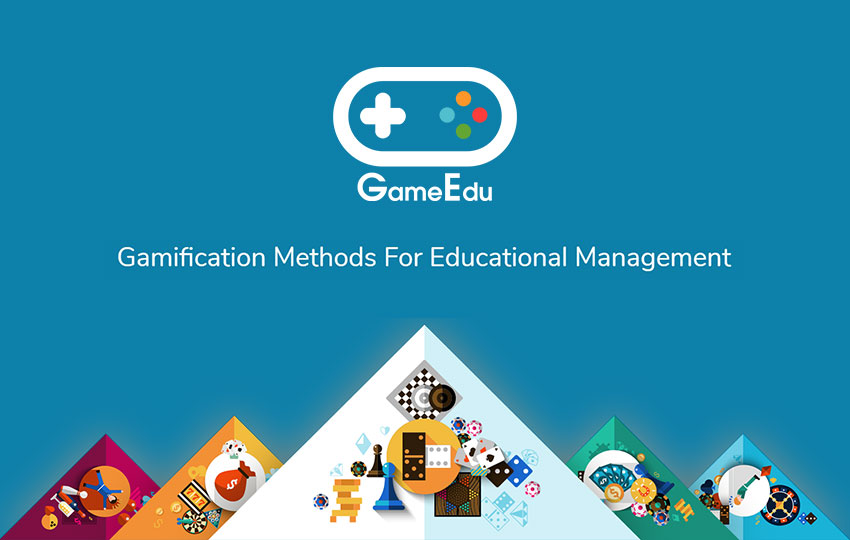Gamification in the real world of business has been an active stakeholder, for the past few years. Studies have shown that the ability to improve skills and competencies of any nature comes easier if the person training is doing it while having fun. This is why games are a great way for young children to be taught how to read and write, how to behave and in general, anything they need to know to grow up in a safe environment.
In the world of business, improving skills and competencies can be a bit difficult from time to time. Adults do not have the time to find the kinds of games that will help them improve important skills and competencies that will help them take the next step in their line of business. This is why more often than not, they need a little bit of help to find the right way to do it.
The European Union supports actions taken using gamification to manage and enhance the business sector. Through the implementation of European Projects, funding is allocated in order to help boost these innovative practices and bring the much-needed evolution in the real world of business.
The GEM: Gamification Methods of Educational Management, is an implementing project, funded by the EU, aiming to relate to the lack of capacity of the formal educational systems to develop learning methods that prove to be attractive for young people and also to the opportunity non-formal education conveys in order to explore innovative and tailored methodologies for youth education, methods that could be transversal, and extend to formal education as well.
Objectives
The general aim of the project is to develop gamification non-formal education methodologies and instruments for young people aged 18-23. The project objectives which are planned to be achieved in a 2-year duration are:
- Creation of 5 new instruments and methodologies using gamification which will be tested by 25 youth workers in their activities with 100 young people over the course of a two-year period.
- Improving the professional skills of 25 youth workers by their participation in the creation of gamification educational methodologies and by testing them with 100 young people throughout the project period.
- Support the capacity building of youth workers and in youth work.
- Promoting empowerment.
- Testing the transversal educational impact of the methodologies developed in the project in 5 formal education contexts.
By visiting the project’s official website, you will be able to learn more about this innovative actions as well as gain access to the outcomes of the project and use the project’s game to improve your own skills and competencies.

